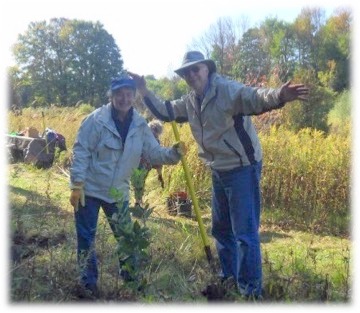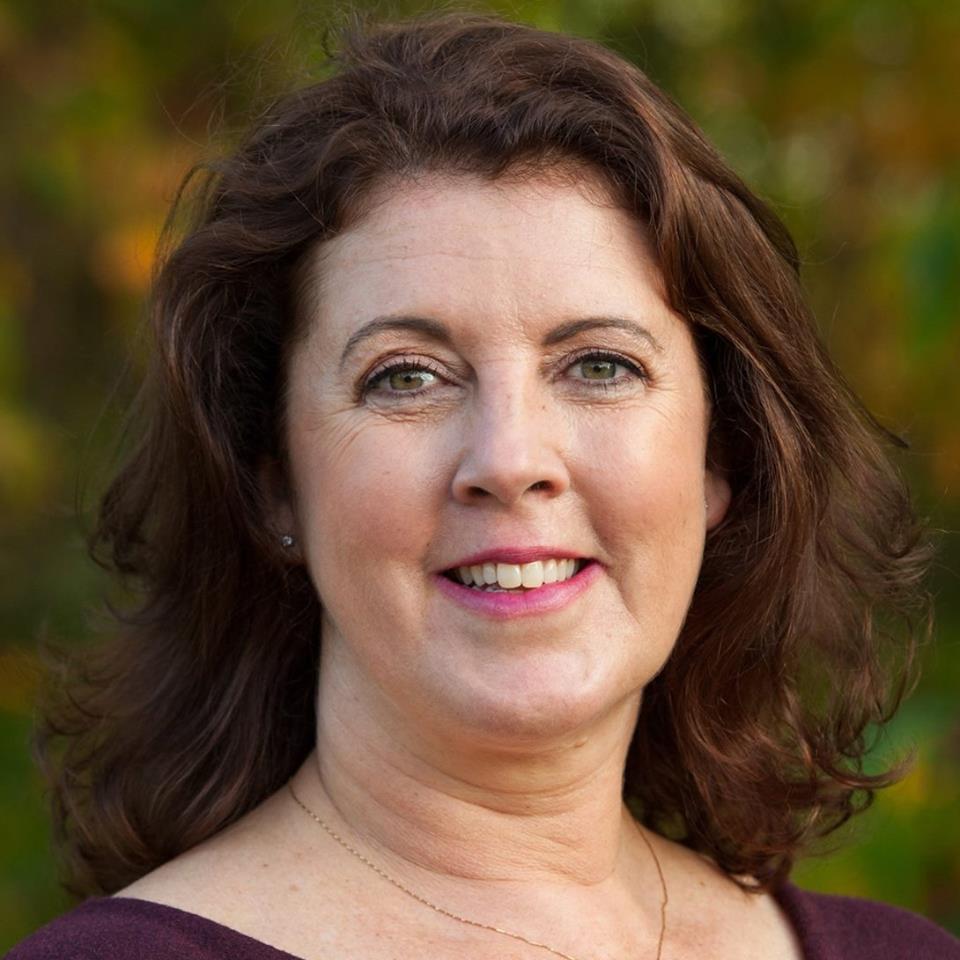
Langues
The Tax Receipt I’ll Never Forget

The first day I had to send out a tax receipt for a premium paid on a second to die life insurance policy was a day I’ll never forget it. The Director of Finance brought the receipt to me and told me to write a thank you letter and mail it to the donor. So I did.
There were a lot of other competing priorities for me that day. Being fairly new to my job as a Director of Development we had a direct mail program to restructure and there were staff to hopefully inspire to do a better job. The tax receipt didn’t really seem like a big deal to me. I was prompt, efficient, the letter was nice enough and the task was completed in less than one hour.
Twelve months later the exact same thing happened. The Director of Finance dropped the receipt off at my desk and told me it was time once again to write a thank you letter and pop it in the mail. One year later there weren’t as many fires to put out so I had time to dig a little deeper.
When I reviewed the file to learn more I found out that there was a million dollar life insurance policy and that when both donors, Suzanne and her husband Peter, passed, our organization was to use the policy to build a nature reserve in the name of their son Graeme. How curious! I now had the bandwidth to dig a little deeper. I phoned our donor and asked if I could drop the tax receipt off in person. Suzanne replied and said she would be delighted to receive me.
As fundraisers, especially when working on legacy files, we are often invited into some very intimate conversations and relationships with donors. I didn’t know it at the time, but the relationship I was about to step into would turn out to be one that stands out for the rest of my career.
Suzanne and her dog greeted me warmly. We sat down to tea and cookies. The house was quiet. After a few pleasantries I jumped right in. “Can you tell me more about what motivated your gift? I’d love to hear about Graeme.”
Graeme’s love of nature at an early age meant that he had a childhood of camping, hiking and traveling to places like the Galapagos and Australia. As Suzanne and Peter’s only son Graeme had a lot of opportunities to travel and pursue grand adventures outside.
At the beginning of grade 13 Graeme was diagnosed with a rare form of bone cancer. Tragically, just after his nineteenth birthday on April 23, 1993 Graeme died. To honour his legacy a life insurance policy was purchased and our charity was named the beneficiary. In time, the Graeme Whistance-Smith Nature Reserve will be created as a testament to Graeme’s love of nature.
Suzanne was ready for me to cry. She had tissues close by. We sat together quietly crying for a while. Eventually it was time for our visit to end and I drove home deeply touched at the way Suzanne opened her heart and shared her grief with me that day. I still cry about it. In fact, tears are streaming as I write this. That’s okay, this is an emotional business and we need to open our hearts up to feeling deeply with our donors.
Every year, when the tax receipt for this gift is issued, Suzanne is reminded of all the joy and love she still has for her only son who was taken from her far too early. How could I, and people before me, have thoughtlessly mailed that tax receipt every single year?
 From then on two significant changes were made to the way that gift was managed.
From then on two significant changes were made to the way that gift was managed.
- The tax receipt was always, and still is, personally delivered.
- The paper file in the office with the gift agreement and the life insurance policy now has Graeme’s photograph and story included. Now every fundraiser who becomes responsible for this file will understand and honour the emotional connection attached to this gift.
- We recognized the gift that year by inviting Graeme’s parents to plant a tree in their son’s honour. It was a joyous occasion.
As fundraisers we need to understand that:
- Seemingly banal administrative functions like issuing a tax receipt can have a profoundly emotional impact on our donors. We need to be sensitive to this. There isn’t a single job in the development office that doesn’t emotionally impact your donors in some way.
- Whenever possible please try and personalize the estate files with as much detail about the donors and their families. That way those who follow your footsteps can maintain the relationship appropriately.
- Engage and recognize your legacy donors now… during their lifetime, regardless of the size of the gift. The intention to include your organization as one of the last gifts your donor makes is priceless. Legacy donors deserve to feel the love and joy before their gift is realized. Because then, it will be too late.
There simply aren’t any donor relationships that have touch me as deeply as the donors I have worked with on their planned gifts. Their stories, vulnerabilities and dreams for the future are profoundly impactful and every day I’m grateful for the experience.



Ajoutez le commentaire